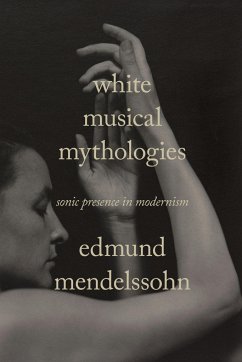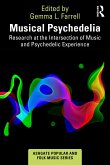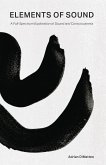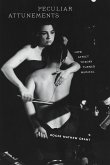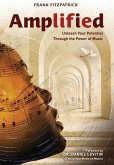"Examining a series of modernist thinkers and composers who engaged with non-European cultures as they pursued pure sound as a privileged presence, White Musical Mythologies pairs Erik Satie with Bergson, Edgard Varáese with Bataille, Pierre Boulez with Artaud, and John Cage with Derrida to offer an ambitious intellectual history of the colonial roots of modernist musical thought. Each of the musicians studied in this book re-created or appropriated non-European forms of expression as they conceived music ontologically, often thinking music as something immediate and immersive: from Satie's dabblings with mysticism and exoticism in bohemian Montmartre of the 1890s to Varáese's experience of ethnographic exhibitions and surrealist poetry in 1930s Paris, and from Boulez's endeavor to theorize a kind of musical writing that would "absorb" the sounds of non-European musical traditions to Cage, who took inspiration from Eastern thought as he wrote about sound, silence, and chance. Edmund Mendelssohn suggests that the Euro-American idea of "pure sound," and the twentieth-century quest to produce it, was premised on an assumed authority of "the West" over Europe's others. Intended for readers in philosophy, musicology, art theory, the history of modernism, sound studies, and postcolonial studies, this book demonstrates that we cannot fully understand French theory in its novelty and complexity without music and sound"--

